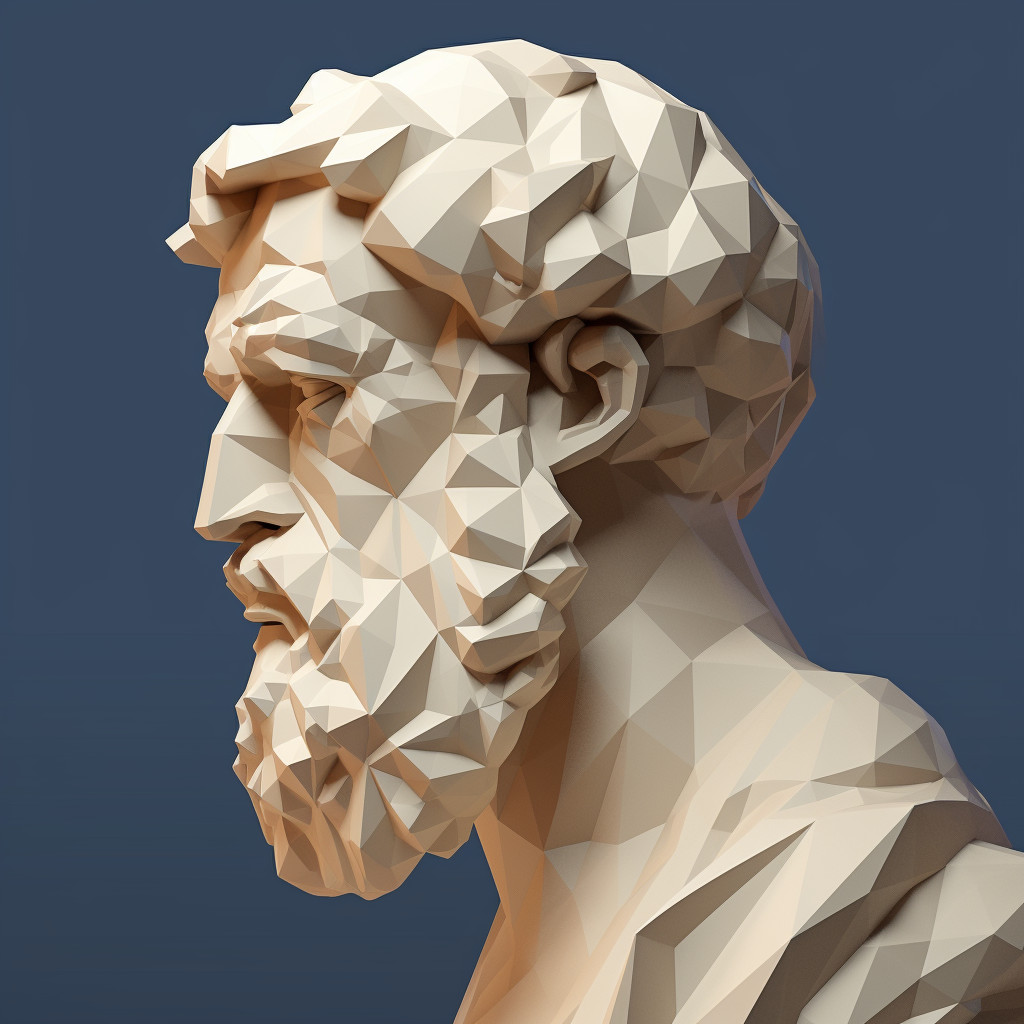This quote by Aristotle suggests that philosophy is not concerned with physical, tangible objects because they are subject to decay and destruction. Instead, philosophy is about the abstract, the intangible, the eternal – things like ideas, concepts, and principles that are not subject to the same decay as physical objects.
In the context of personal development, this could be interpreted as a reminder to focus on developing abstract qualities such as character, integrity, and knowledge, rather than focusing solely on physical or material achievements. Physical possessions can be lost or destroyed, but personal growth and knowledge are things that can never be taken away.
In today’s world, this concept can be applied in a variety of ways. In the realm of business, for example, a company that focuses solely on short-term profits (a ‘perceptible substance’) is likely to face problems in the long run. On the other hand, a company that prioritizes abstract principles like ethical business practices and customer satisfaction is likely to enjoy sustainable success.
Similarly, in the context of environmental sustainability, a focus on perceptible substances (like fossil fuels) leads to destruction (climate change), whereas a focus on abstract principles (like renewable energy and conservation) offers a path to longevity and survival.
In essence, Aristotle’s quote is a call to shift our focus from the tangible and temporary to the intangible and enduring. This shift in perspective can be beneficial in many areas of life, from personal growth to business strategy to environmental sustainability.








